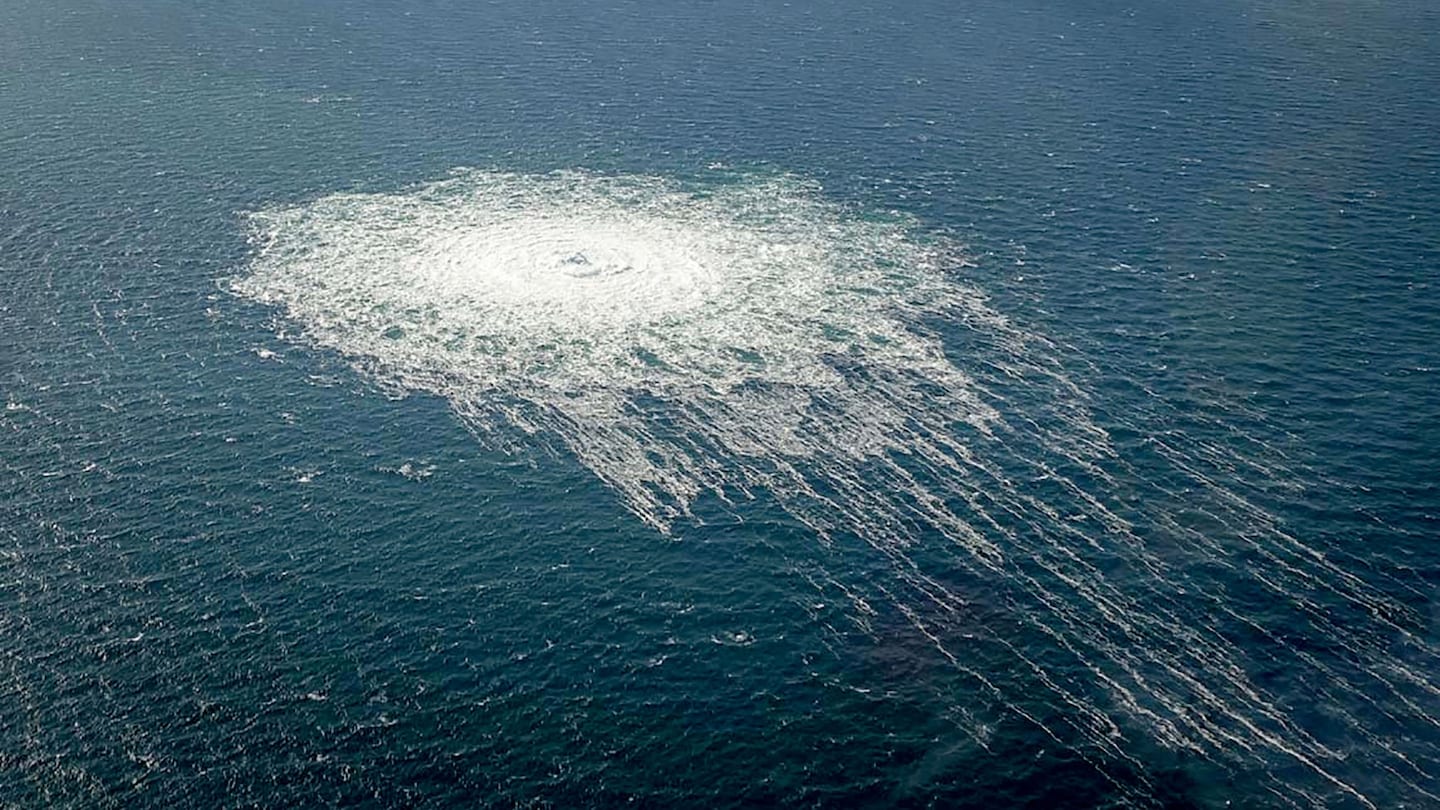- Half of Firms Suffer Two Supply Chain Incidents in Past Year
- Data strategy e qualità del dato: come gettare le basi per implementare l’AI
- INE Security Alert: $16.6 Billion in Cyber Losses Underscore Critical Need for Advanced Security Training
- From help desk to AI harmony: Redefining IT support in the age of intelligent automation
- F5 grabs agentic AI startup Fletch to bolster security platform
Nord Stream Pipeline Explosions – What we can learn about security elements for Oil & Gas operations

When it comes to the energy supply in Europe, the hits just keep coming. This week it was reported that Nord Stream, a pair of offshore natural gas pipelines that run from Russia to Germany were blown up in a series of 3 explosions. Although neither were in operation, both pipelines still contained gas under pressure that is now leaking into the Baltic Sea. Multiple European officials have pointed to possible sabotage amid an energy standoff with Russia provoked by the war in Ukraine.
Incidents such as these truly highlight the need for security in the energy market. There are three ways companies should secure operations including: asset visibility, risk mitigation and incident response. We want to see as much as possible about what’s happening, we want to deploy technology that mitigates our risk of an incident, and we want to have a plan to respond when an incident occurs. Let’s take a closer look at these three security measures.
Visibility of Asset Posture and Activity
In the energy industry acquisitions are a way of doing business. This collection of acquired pipelines, plants, and production assets usually leaves each company with a very diverse collection of assets. As a result, the inventory of control system assets, instrumentation, and communication assets is also very diverse. Keeping an updated inventory of all assets and their security vulnerabilities is nearly impossible.
In reality, an incomplete view of asset security posture can provide significant attack opportunities to bad actors without being detected. Asset inventory and visibility is foundational to a strong security practice.
Strong Risk Mitigation
Cyber risk mitigation is where most of the money has been spent. This spending has included firewalls, endpoint security, malware detection, behavior analytics, and many more tools. Because there are so many mitigation tools to choose from, a systematic approach to designing your security system is crucial to ensure maximum risk mitigation.
A Response Plan
With stronger regulation around reporting incidents, we are all more aware of how common security breaches are. This makes a response plan essential. The plan articulates how and when experts get called in to assess damage and restore operations. It also identifies a methodology for communication, reporting, and other post incident action items.
Security has become a necessary companion to the benefits of digital operations. They exist in lock step on the journey to safe, agile, and responsive operations.
Cisco is ready to work with customers to assess, mitigate, and respond to your security requirements. Across IT and OT, Cisco uses a world class, integrated approach to securely protect your assets. For more information on how Cisco can help your organization, reach out to your Cisco account team, or connect with the energy team directly through the following links.
Resources
Nord Stream Pipeline Breach Video on You Tube
Share:

